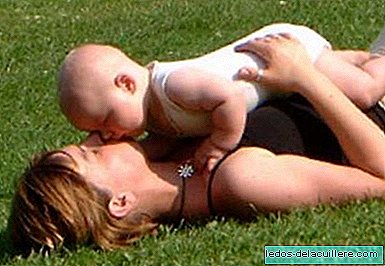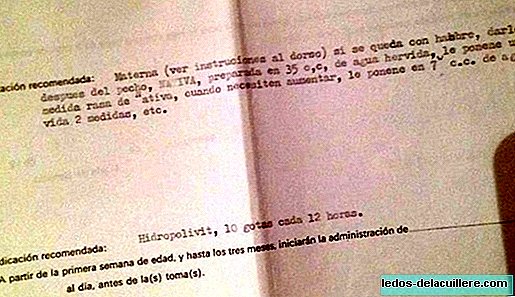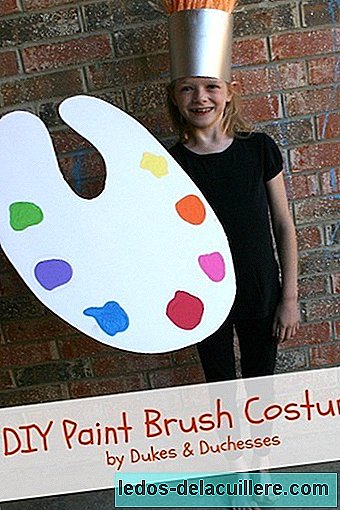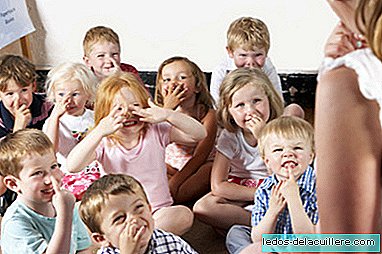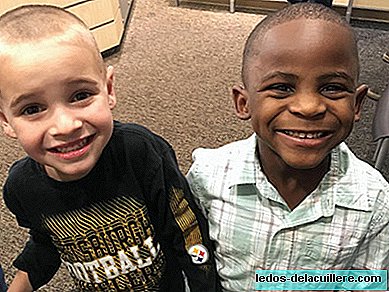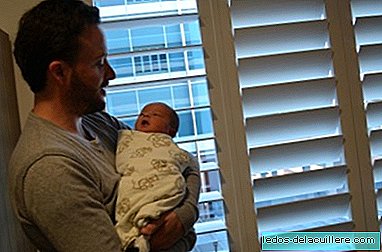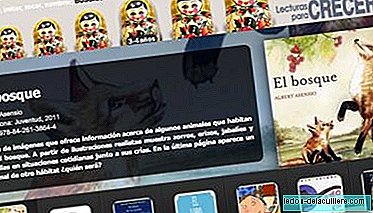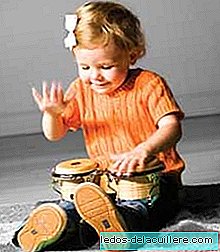
It may sound like contradiction, but you'll see that for nothing. Deaf children they can also enjoy music and benefit from its therapeutic qualities through music therapy.
To begin, we must bear in mind that there are different degrees of hearing loss, from less serious cases, that is, children who do perceive some sounds to completely deaf people who are not able to perceive music but the vibrations and sensations that it produces .
In these types of cases, other alternatives are sought to fill this lack, such as educating the child to learn to feel the vibrations of music and rhythm in the body.
This is how young people approach the world of music as a means of communication, learn to express themselves, to disinhibit themselves and to reinforce their self-esteem, even in many cases deaf children integrate perfectly within a group of hearing children.
It has also been proven that music therapy improves the speech of deaf children. It helps to make speech more rhythmic and through singing they manage to reinforce the tongue, control salivation and breathing.
Feeling the rhythm in the skin makes them move, dance, and thus learn to coordinate body movements, develop a better balance and better posture control.
We have already talked about the benefits of music therapy in children and its advantages in the treatment of children with a disorder such as children with hyperactivity, even in the recovery of premature babies.
Deaf children can also benefit from this wonderful technique.


